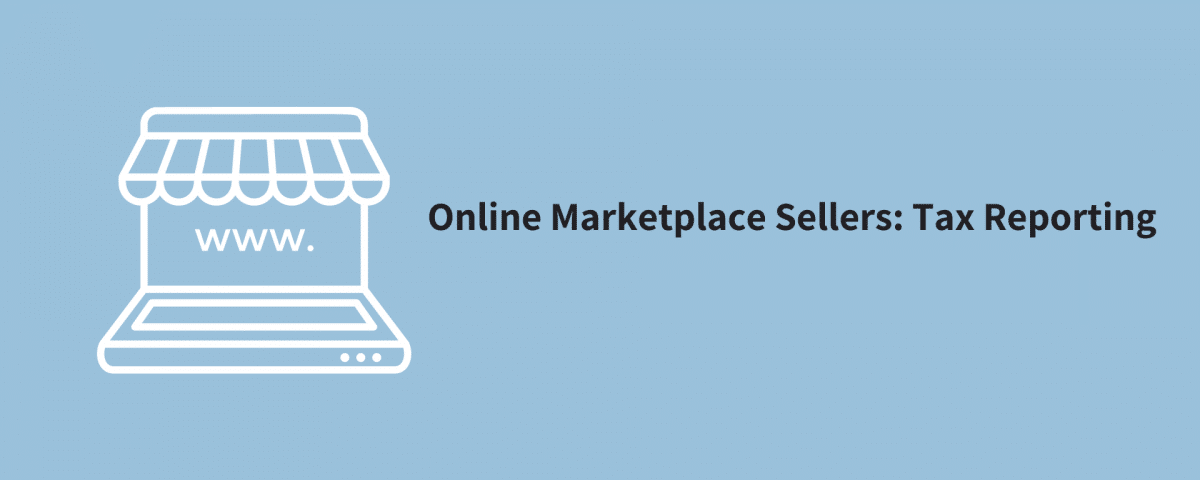Online Marketplaces: Self Employment
Anyone selling goods through online platforms needs to make sure they keep within the £1,000 tax free limit as HMRC clamps down on tax abuse
HMRC is clamping down on abuse of the system with new rules requiring online platforms to make an annual report to the tax authority detailing the names of individual sellers and volume of their sales to ensure they do not evade tax.
The owners of websites such as Etsy, eBay, Vinted, Amazon Seller Central, Gumtree and Airbnb have until January 2025 to report sellers’ information for tax purposes to ‘bear down on tax evasion’. However, online marketplaces will not have to report individuals with less than 30 sales regardless of the value of the amount sold.
In a bid to clamp down on tax avoidance, HMRC said it was investing an initial £36.9m in developing a system for online marketplace reporting and has hired a team of 24 full-time staff to work on the project. From next year, platforms will be required to report how much individuals are earning through the platforms.
People can earn up to £1,000 a year through self-employment, such as these so-called side hustles, but anything over this figure is liable to tax and must be reported to HMRC or risk a fine. The sellers must also register as self-employed for anything over this threshold.
What to Report
HMRC will be able to analyse sales of any products online through the platforms, including sites such as Vinted where people sell unwanted clothing items to Etsy where it is easy to set up a webpage and trade quickly.
The online platforms will have until January 2025 to report information on sales. Among the information requested will be the tax ID, bank account details and the total amount of transactions.
The sectors affected by this new reporting requirement are all online platforms, involving a broad array of services. This can range from taxi hire, food delivery, selling handmade items, the re-sale of clothing items and the rental of properties for short-term accommodation.
HMRC’s guidance on selling online and paying taxes provides information on whether someone selling infrequently online will be liable to tax on any profits and examples of what side hustles will be classified as trading, therefore needing to pay income tax.
HUSA Can Help
HUSA Accountants can offer more information on online marketplaces reporting tax. If you believe this affects you, we can offer advice and guide you through your understanding of tax.

